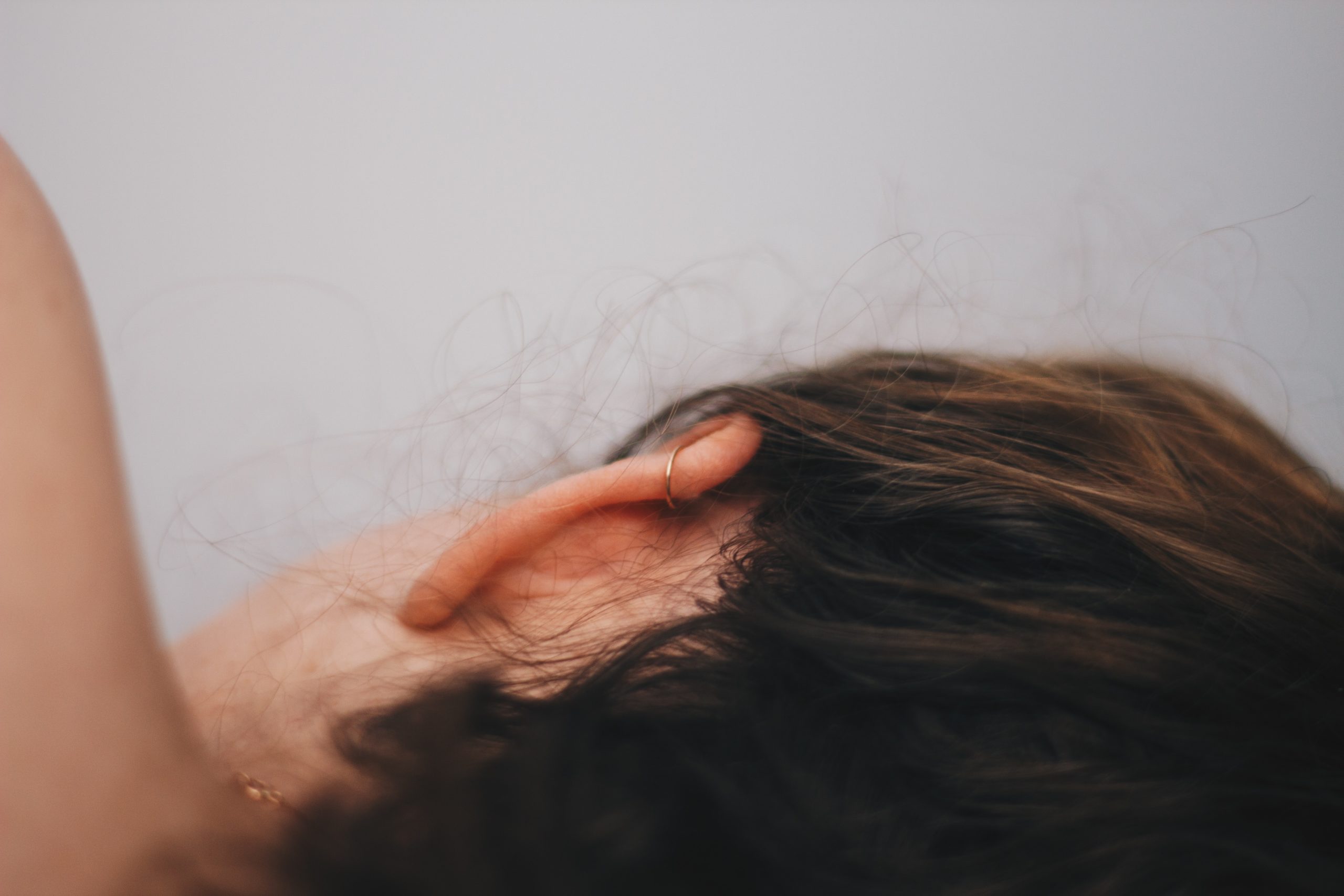Hearing loss causes are aplenty, but Presbyterians, or loss of hearing associated with age, remains to be the primary form, affecting one in three people in the United States between the ages of 65 and 74, according to the National Institute on Deafness and Other Communication Disorders (NIDCD).
For you to understand why hearing loss happens, it’s helpful to know how your ear functions.
From the outer ear, sound waves travel and cause vibrations in the eardrum. These vibrations are amplified by the eardrum and the middle ear before they travel to the cochlea, or inner ear. Your inner ear contains nerve cells and hairs that are responsible for transmitting these vibrations as electrical signals to the brain. Finally, the brain interprets these as sound.
Changes in the inner ear and gradual wear and tear on hair and nerve cells occur as years pass by. As we age, some form of hearing loss is therefore expected.
However, the causes of hearing loss can also be attributed to factors other than aging, and it is imperative to know them in order to prevent premature loss of hearing.
In this article, we will discuss other hearing loss causes, as well as hearing loss symptoms to give you a head start on how you can protect your ears and to help in the early detection of hearing changes or issues.
CAUSES OF HEARING LOSS
Buildup of earwax
The ear canal naturally produces cerumen, commonly known as earwax, to protect your ears from irritation, microorganisms, and foreign particles. Other people, however, have more active glands that produce cerumen more than normal, which leads to buildup and blockage. As well, improper cleaning using cotton swabs and other tools may push wax further down the canal, which also leads to blockage.
People who also regularly use earphones may be more prone to blockage, as earphones may prevent natural oils from draining out of the ear canal.
Inner ear damage
Aside from aging, loud noises can also lead to tearing of the nerve cells or hair in the inner ear. Damaged hair cells are incapable of efficiently translating and transmitting signals to the brain. More importantly, these hair cells cannot be repaired, regenerated, or replaced – one of the major causes of hearing loss that are permanent.
A ruptured eardrum
Apart from your inner ear, loud noise can also rupture your eardrum. Also called tympanic membrane perforation, this condition happens when the tissue separating your eardrum and ear canal is torn. This can also be caused by pressure changes due to activities like scuba diving and air travel or from sudden impact with an airbag during a vehicular accident.
Tears can also occur due to trauma caused by objects in your eardrum like a cotton swab, as well as infections in the middle ear.
Inflammation and infection in the middle ear
Among the most common hearing loss causes in children is otitis media, or inflammation of the middle ear. In fact, the NIDCD states that about 75 percent of children are diagnosed with otitis by the time they turn three.
Due to their still developing immune system and shorter Eustachian tube, children are far more susceptible to otitis. However, adults may also suffer from otitis, often due to allergies, bacteria, or viral illnesses like flu and colds. Most cases clear up with antibiotics, but severe infections, when left untreated, may lead to hearing loss.
HEARING LOSS SYMPTOMS
If you are experiencing any of these signs and symptoms, it is important to promptly seek medical advice to avoid complications.
- You experience muffled sounds and speech.
- You experience difficulty understanding/ hearing consonants and words, particularly when surrounded by noise or crowds.
- You need to turn the volume up when watching TV or listening to the radio/ music to be able to hear.
- During conversations, you often find yourself requesting the other person to speak up or to speak clearer or louder.
- You feel isolated and unable to connect to social activities due to inability or difficulty hearing.
- You experience pain in your ear.
EARLY PREVENTION IS CRUCIAL
Hearing loss does not only affect the way you perceive and receive sounds. Studies show that a lot of people who experience hearing loss eventually feel withdrawn, socially isolated, and lonely. These have vast effects on one’s quality of life, as well as cognitive and psychosocial wellbeing.
If you are experiencing any of the previously mentioned hearing loss symptoms, do not delay consultation. Our audiology in Ohio, the Centers for Hearing Care is fully equipped for audiology tests that can help in the detection of hearing impairment and hearing loss, as well as hearing aid that can help improve one’s quality of life, even with loss of hearing. Contact us for a consultation today.


